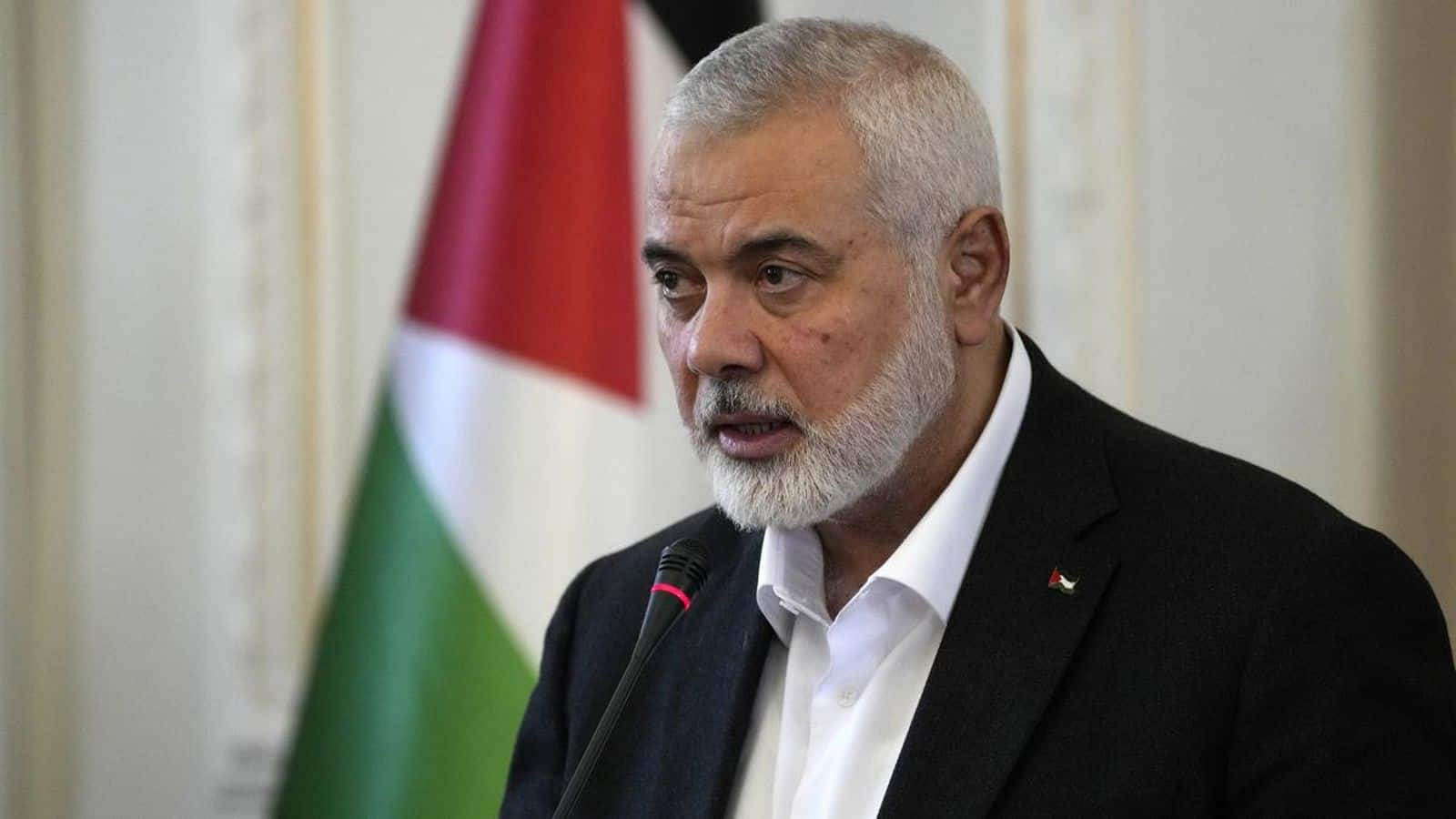
Hamas chief killing: Where does India stand
What's the story
The chief of Hamas, Ismail Haniyeh, was killed on Wednesday in a predawn airstrike in the Iranian capital, Tehran. The assassination sparked global outrage, with world leaders condemning it as a "cowardly act" intended to destabilize the region. Russia, Turkey, and Pakistan denounced the assassination, while the United States said it was not "aware of or involved in" Haniyeh's death. India, which shares a "millennia-long history," with Iran has chosen to remain silent. Here we understand why:
Event aftermath
Why Indian government has refrained from issuing any statements
The Indian government has refrained from issuing any statements due to its sensitive nature and India's close ties with both Iran and Israel. In fact, India's Road Transport and Highways Minister, Nitin Gadkari, attended the swearing-in ceremony of the new Iranian President, Masoud Pezeshkian, shortly before Haniyeh was killed. But Indian officials have declined to comment on whether the attendance of figures from Hamas, Hezbollah, the Houthis, and Islamic Jihad posed a security concern for their delegation.
Diplomatic balance
India's delicate balance amid West Asian conflict
Nonetheless, the attack in Tehran has once again highlighted India's precarious position in the West Asian area. India was one of the first countries to condemn a Hamas attack on Israel as a "terror attack" last October, but it has not officially designated Hamas as a terrorist organization. Israel's outgoing ambassador to India, Naor Gilon, had previously urged India to designate Hamas as a terror outfit, but India reiterated its support for a two-state solution to resolve the current conflict.
Iran
India-Iran relations
When it comes to Iran, India shares historical and cultural ties with it. A friendship treaty was also signed between the two in 1950. Bilateral relations were further bolstered by Prime Minister Narendra Modi's visit to Iran in May 2016, and they grew even further after Ebrahim Raisi was elected president of the Persian Gulf nation in 2021. According to reports, in 2022-23, India's bilateral trade with Iran reached $2.33 billion after Raisi came to power.
Rising tensions
Tehran tensions rise following Haniyeh's death
In September 2022, Modi and the late President Raisi met for the first time on the sidelines of the SCO Heads of State Summit in Uzbekistan, and reiterated their commitment to bilateral cooperation, particularly in commerce and connectivity. In recent years, India has been one of Iran's top five trading partners. Rice, tea, sugar, medicines, electrical machinery, jewelry, and other items are key Indian exports to Iran, whereas dry fruits, inorganic/organic chemicals, and glassware are major Indian imports from Iran.